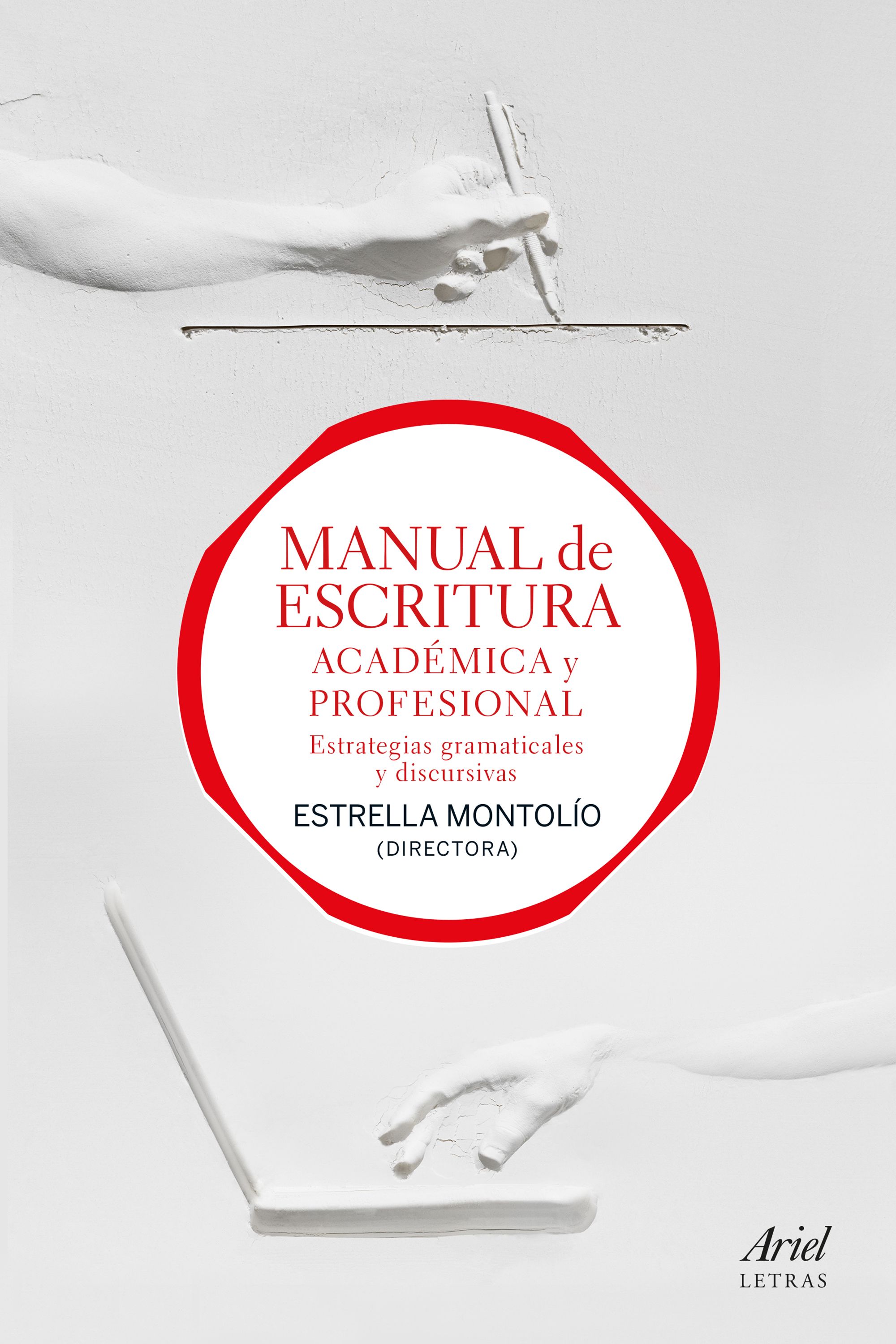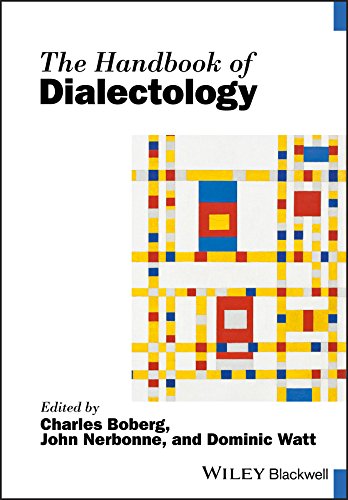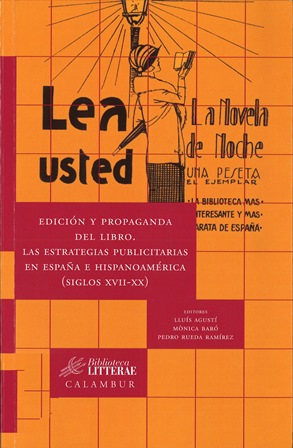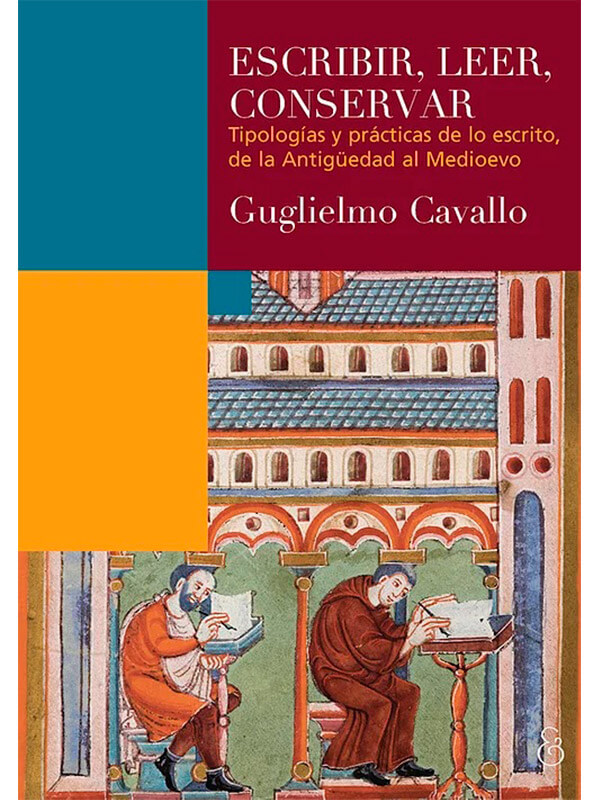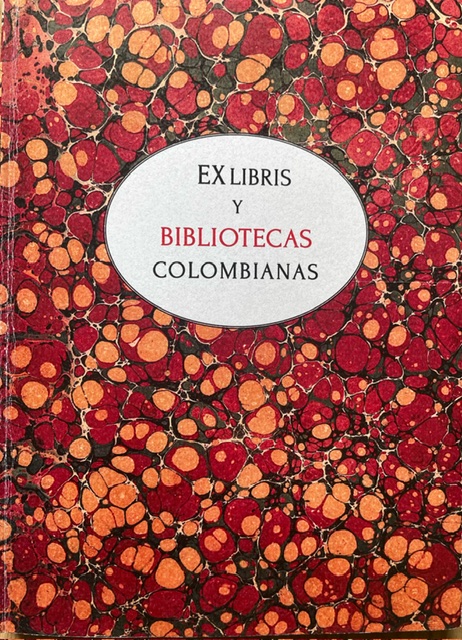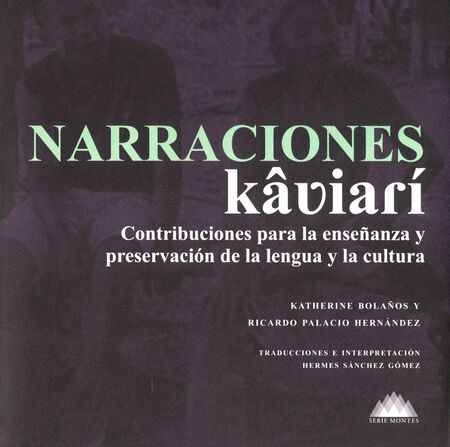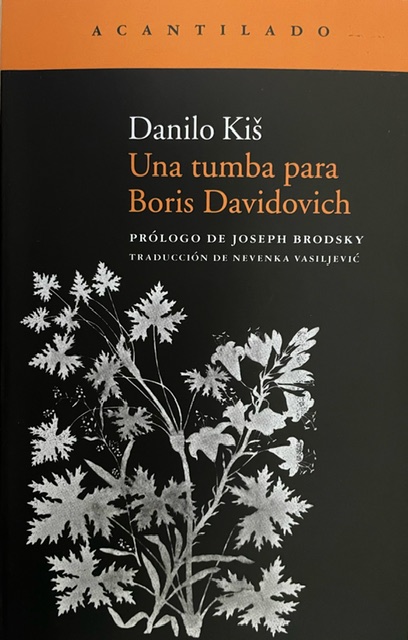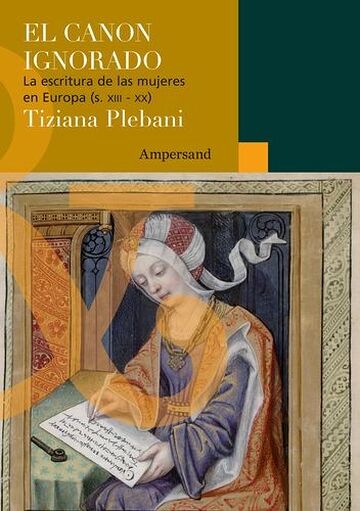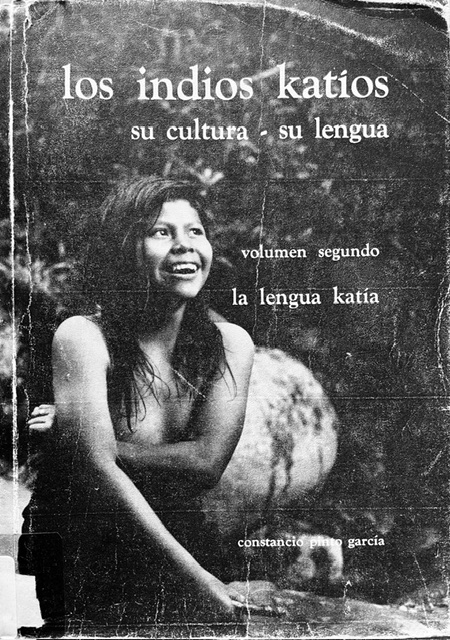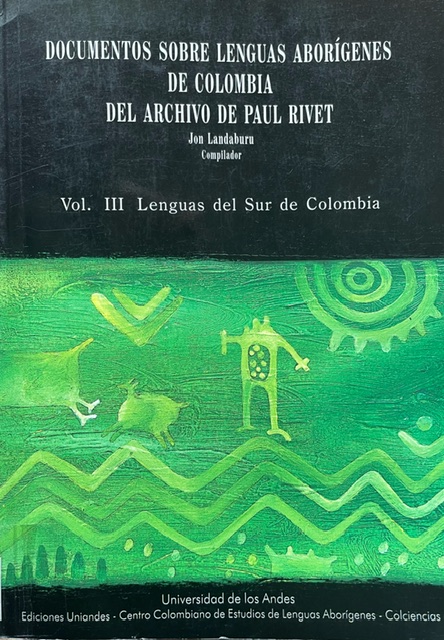The non-literary Latin letters : a study of their syntax and pragmatics / Hilla Halla-aho
Idioma: Inglés Series Commentationes hummanarum litterarum ; 124, 2009Detalles de publicación: Tammisaari : Societas Scientiarum Fennica : 2009Descripción: 189 p. : il. ; 25 cmISBN:- 9789516533639
- 475.2 21
| Tipo de ítem | Biblioteca actual | Colección | Signatura topográfica | Info Vol | Copia número | Estado | Fecha de vencimiento | Código de barras | |
|---|---|---|---|---|---|---|---|---|---|
| Libros | Sede Yerbabuena | Colección General | 475.2 H181n | 2009 | ej. 1 | Disponible | 110286 |
Índice de materias: p. 187-189
Inglés, con citas en latín y alemán
Bibliografía y notas a pie de página
This dissertation studies the language of Latin letters that were written in Egypt and Vindolanda (in northern Britain) during the period 1st century BC 3rd century AD on papyri, ostraca, and wooden tablets. The majority of the texts is, in one way or another, connected with the Roman army. The focus of the study is on syntax and pragmatics. Besides traditional philological methods, modern syntactic theory is used as well, especially in the pragmatic analysis. The study begins with a critical survey of certain concepts that are current in the research on the Latin language, most importantly the concept of vulgar Latin, which, it is argued, seems to be used as an abstract noun for variation and change in Latin. Further, it is necessary to treat even the non-literary material primarily as written texts and not as straightforward reflections of spoken language. An examination of letter phraseology shows that there is considerable variation between the two major geographical areas of provenance. Latin letter writing in Egypt was influenced by Greek. The study highlights the importance of seeing the letters as a text type, with recurring phraseological elements appearing in th




